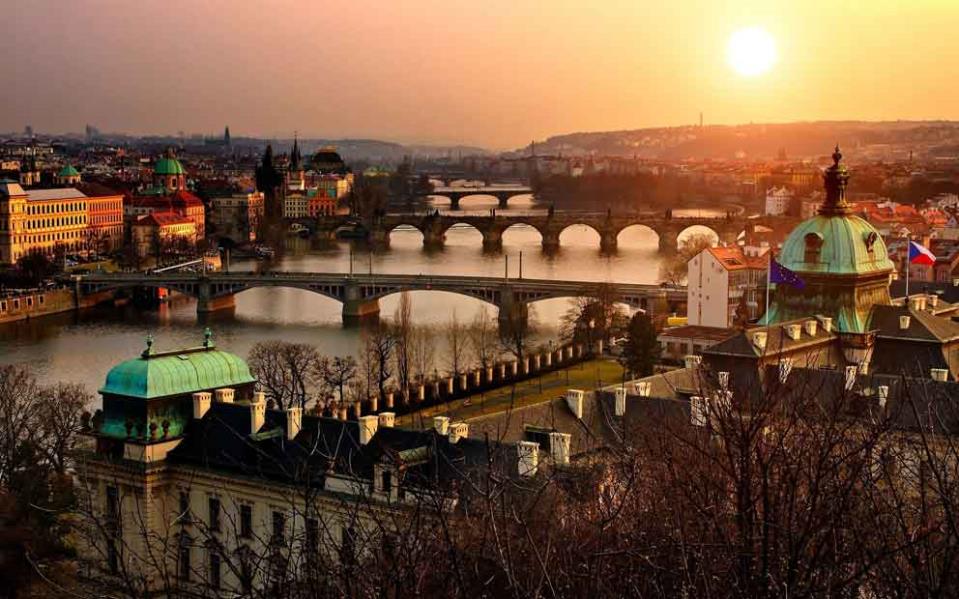A young Maltese man’s sojourn in Prague in the 1990s had helped spark a controversy over censorship and literature in Malta more than a decade later, according to an interview carried out by Radio Praha.
Maltese novelist Alex Vella Gera was interviewed by the radio station during a short visit to the Czech capital this month, his first visit since spending a period living there in the 1990s.
Mr Vella Gera, whose works including novels l-Antipodi and Is-Sriep Reġgħu Saru Velenużi have earned critical acclaim, had been at the centre of controversy after a short story of his, Li Tkisser Sewwi, was published on the October 2009 edition of student newspaper Ir-Realtà, which was freely distributed on the University campus.
The short story is an explicit first-person account of a Maltese man bragging about his sexual conquests, and its publication led to Ir-Realtà being banned from the university campus after the chaplain informed the university authorities.
Mark Camilleri
But the issue was far from over, as both Mr Vella Gera and the newspaper’s editor, Mark Camilleri, ended up facing obscenity charges. Both were charged with breaching Article 208 of the Criminal Code, which concerns pornographic or obscene material and which, at the time, could lead to a jail term of up to six months.
Shortly after their arraignment, the article was amended – to increase the maximum penalty to a year’s imprisonment. The government of the day had explained that this amendment – along with various other amendments to the Criminal Code – was meant to step up the fight against child pornography. However, Article 208 itself deals with material that does not involve minors.
In the end, however, both men were acquitted of the charges. An appeal was filed by the Attorney General, but this was dismissed.
In 2013, the two were nominated for the Midalja għall-Qadi tar-Repubblika, a Republic Day honour bestowed by the President for distinguished service to Malta. But Mr Vella Gera turned down the honour.
In his Radio Praha interview, Mr Vella Gera notes that he had actually written the story in Prague in 1996, when he was in his early 20s.

He also credits Prague with helping him rediscover the Maltese language, noting that while he had primarily used the English language when he lived in Malta, leaving the country inspired him to start writing in Maltese.
Mr Vella Gera also notes that the reason he decided to publish the explicit short story 13 years after writing it was “a very local Maltese reason.”
“Maltese literature was very conservative. It has changed now, but back then it still was. There were a lot of taboos which were never addressed. A lot of euphemisms were used in Maltese literature. And I wanted to go totally against that – that’s why I got into trouble.”
Mr Vella Gera also states that the short story was influenced by his stay in Prague, noting how the Czechs were proud of their heritage, their literature and their cinema while the opposite was the case in Malta.
“In a way I wanted to be like the Czechs, but Maltese. So I kind of reinvented myself, in that way. So yes, writing a story like that was very much influenced by living here. If I still lived in Malta perhaps I would have written it as well, but there was a certain energy… I was invigorated by being here.”